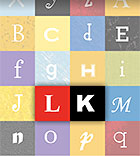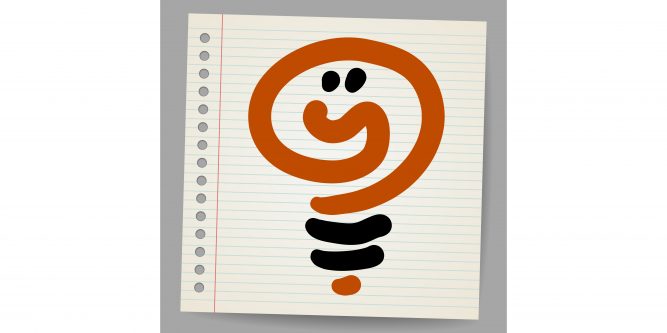When money talks, does anyone critique its word choice, spelling or grammar? It’s a wonder anyone ever learns the English language with all of its rule and exceptions. Never fear. Merriam Webster’s Dictionary and Thesaurus, is always here.
Tonight, instead of working on my current book project, I’ve decided to “go off on a tangent.” Is anyone else perplexed by the rules of the English language? Thankfully there are no punctuation felonies or grammatical misdemeanors. Nevertheless, see if you can help me make sense out of some of these unruly rules.
Space—Get out of here! When it comes to space, I am never sure if I need one. See if you know these seemingly incongruous rules of space regarding when to use one word or two.
- Single words include: spacecraft, spaceflight, and spaceman (I’m not sure about space woman or space person).
- Two words are necessary with: space heater, space out, space shuttle, and space suit
Putting on airs. Equally curious is the way we treat words starting with air.
- Single words: airboat, airborne, airbrush, aircraft, airflow, airman and airsick
- Two words: air bag, air brake, air gun, air lock and air raid. Maybe the more noise involved, the more likely you need two words.
Is it a noun or is it a verb? Certain patterns are apparent in the language, but only as general rules. When in doubt, a noun or adjective is more likely to be one word; whereas a verb is likely to be two. Of course, many exceptions exist to complicate our lives. A few examples of the general rule are:
- Shutout (noun) and shut out (verb). But don’t get over confident. What’s with the hyphen in shut-in (noun)?
- Takeoff (noun) and take off (verb)
- Layoff (noun) and lay off (verb)
- Roundup (noun) and round up (verb). But why do we hyphenate round-trip and round-robin?
To hyphenate or not to hyphenate. Forget English and just subtract. Hyphens are one of the reasons editors are in business, and perhaps why my sister taught math instead of English. Does anyone really know when to use a hyphen?
- Words that are fun to say may require hyphens. How about helter-skelter, nitty-gritty, jack-o’-lantern, and two-step? So, maybe the rule is a ruse, but it makes for good conversation. Personally I like the sound, but not the smell of polecat. Sadly, no hyphen is required. Likewise, fuzzy logic is sans hyphen.
- Randomness. Other random hyphens appear in: garden-variety, post-traumatic and point-blank. Yet, I have no explanation as to why these particular words require a hyphen.
Always single. There are some words that seem to be randomly smashed into one word. What about nowadays, tattletale, straightforward and withersoever? When was the last time you said, “Whithersoever?” It’s probably not coming up as a frequent internet search term.
“What difference does it make?” I hear you cry. MS Word corrects our documents. We abbreviate everything in texts and on Twitter. And how many people really know if what they are reading is written correctly? Good points! But precise language is a cornerstone for good communication, and also a necessary part of well-drafted contracts and documents. Casual language has its place, but the English language provides for precise messaging. In a world where we can easily be misunderstood, perhaps now, more than ever, we should commit to improving our communication skills by learning more English language tips and tricks.
LK Greer
www.lkgreer.com
 lk greer, writer
lk greer, writer



